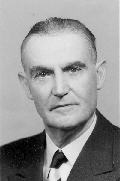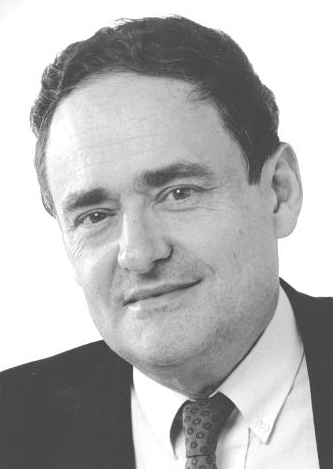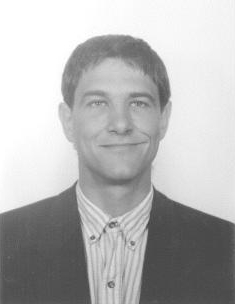
 |
Herbert Michael Pinedo M.D. Professor of Medical Oncology Chief of Dept. of Med. Oncology Free University, Amsterdam 1007 MB Amsterdam The Netherlands |
Dr. H. M. Pinedo recieved the prize in recognition of his pioneering work bridging the gap between laboratory and clinic. As the architect of a unique partnership between scientists and clinical oncologists at the Free University, Dr. Pinedo has championed the translation of laboratory advances into practical treatment approaches as well as the scientific study of drug-resistance-related proteins. He developed antibodies against these proteins which are now widely used by clinical researchers as a tool for detecting drug-resistance-related proteins in patients. The new test can be used to predict whether patients with leukemia are likely to be helped by treatment.
Most recently, Dr. Pinedo has been investigating new treatment options that may brighten the once dismal outlook for women with larg, inoperable breast cancer.
 |
Hans Acha-Orbea, Ph.D. Associate Professor of Biochemistry Department of Biochemistry University of Lausanne and Associate Member Ludwig Institute for Cancer Research CH-1066 Épalinges, Switzerland |
Dr. H. Acha-Orbea was recognized for his outstanding work in elucidating the pathway of infection of the mouse mammary tumor virus. This retrovirus must integrate its reverse transcribed RNA genome into a host cell to achieve a productive infection. Several retroviruses have the capacity to induce cancer in the infected target cells. They may carry oncogenes in their own genome or they may integrate near host protooncogenes, thereby activating them. Either event represents a key step in retrovirus induced cancer. Dr. Acha-Orbea’s studies concentrated on the interplay between the immune system and the mouse mammary tumor virus. They allowed him to evaluate the course of the infection and the essential role of the immune response of the host for an efficient infection in quantitative terms.
Although the mouse mammary tumor virus represents a simple model system for retrovirus-induced cancer, it has been crucial for the understanding of host-virus interaction and could lead to developments which can then be tested with retroviruses pathogenic for man.
| © The Webmaster of the Department of Physiology |

 |
Freitag, 16. Dezember 2005 |